Prof Meagre Amare’s death sparks $2bn lawsuit against Meta
The son of a respected professor, who was gunned down outside his family home, is suing Meta in a landmark case over safety concerns.
Technology
Don't miss out on the headlines from Technology. Followed categories will be added to My News.
EXCLUSIVE: The son of a respected professor gunned down outside his family home is among those calling for Meta to set up a $US2 billion fund for victims of hate on the social media site.
Professor Meareg Amare Abrha, a father-of-four, was the victim of false and defamatory accusations peddled on Facebook.
He didn’t think anybody would believe the posts accusing him of being a traitor, but in civil war torn Ethiopia, it was a fatal mistake.
Now his grieving son Abrham, along with others, is suing Meta, in a landmark case. He is being supported by a London-based “tech justice” group that says the way Facebook refuses to “invest in safety in any serious way” is putting lives at risk around the globe.
Abrham Meareg, who fled Ethiopia after his father’s murder, is currently seeking asylum in the US. The lawsuit has been launched in Nairobi, where Facebook’s content moderation hub was based at the time of his father’s killing.
Together with parents and experts, News Corp’s Let Them Be Kids campaign is calling on the federal government to raise the age limit to access social media to 16 to stop the scourge of social media.
Let Them Be Kids: SIGN THE PETITION
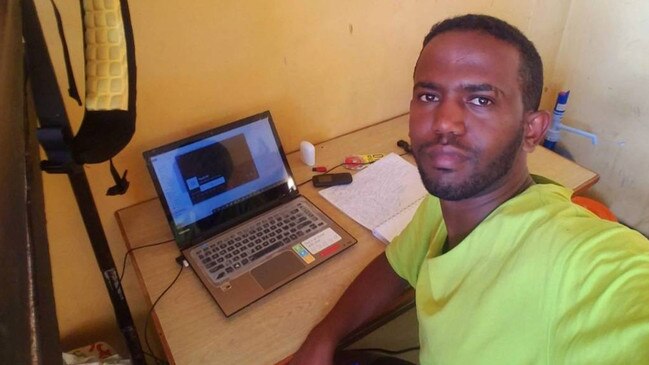
The lawsuit alleges Meta did not employ enough moderators to keep the platform safe and that the engagement-based algorithm favoured and promoted dangerous and hate-filled posts in order to make Meta more money.
Mr Meareg, and fellow plaintiffs including a human rights experts from Amnesty International and the Katiba Institution in Kenya, also want Meta to set up a fund for victims.
He said three weeks before his father’s death, the chemistry academic at Bahir Dar University was accused of being a collaborator with the Tigray People’s Liberation Front, on a Facebook page with 50,000 followers.
It was October 2021, at the height of a two-year bloody civil war in Ethiopia, and
the accusation was tantamount to a death sentence.
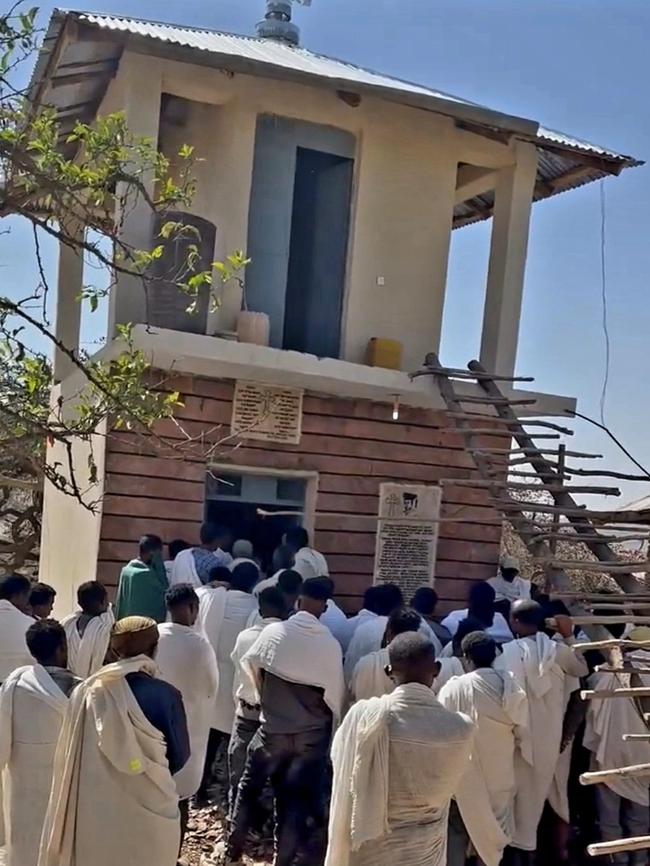
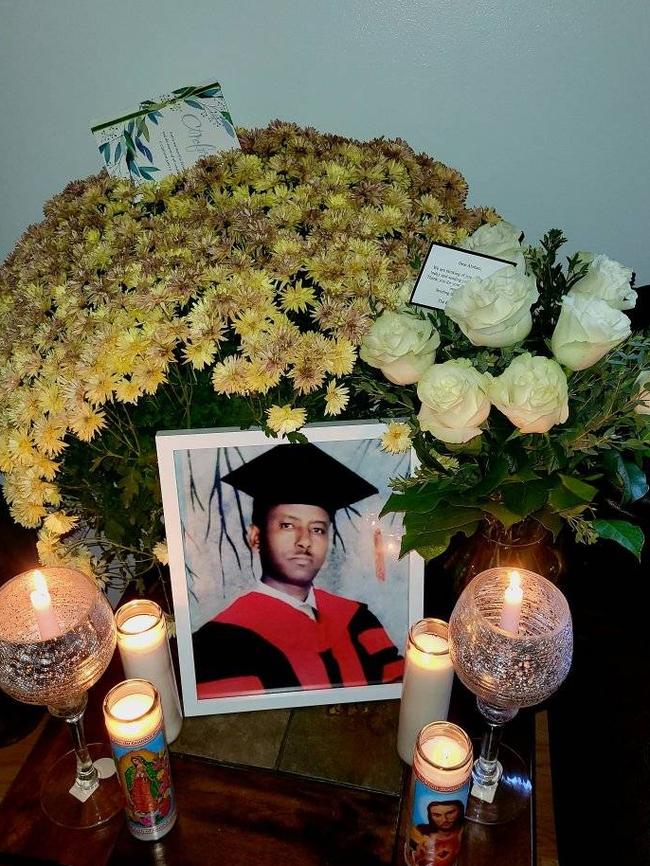
The 60-year-old professor, who wasn’t even on Facebook, told his family, “I am an innocent teacher, no-one will do anything against me”.
But his son said he saw how Facebook had been helping to fuel the civil war by promoting and pushing hate speech and disinformation and was scared for his father.
Hundreds of thousands of people died in the conflict between the Ethiopian government and forces in the northern Tigray region.
“I knew from experience that online posts have offline consequences,” Mr Meareg said.
He and others desperately tried to get the false posts taken down by using the reporting tool on the platform.
Facebook did nothing.
It was easy for the killers to find the professor because the two posts inciting violence included the academic’s photo and address.
In November 2021, two masked militants arrived on motorbikes and shot his father twice in broad daylight and left him to slowly bleed to death for seven hours; armed men prevented bystanders from helping him.
Mr Meareg’s case has been taken up by “tech justice” legal firm Foxglove. “We aim to make tech fair and bring legal action when it isn’t,” Tom Hegarty, spokesman for Foxglove said.
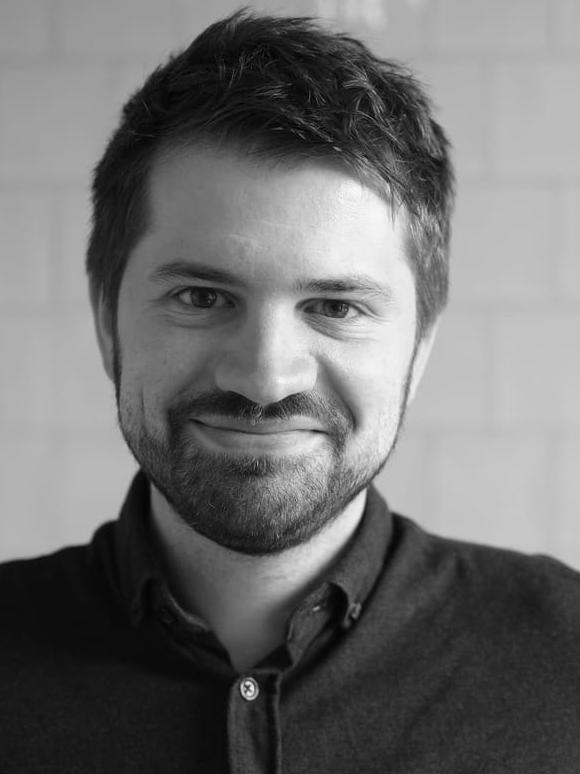
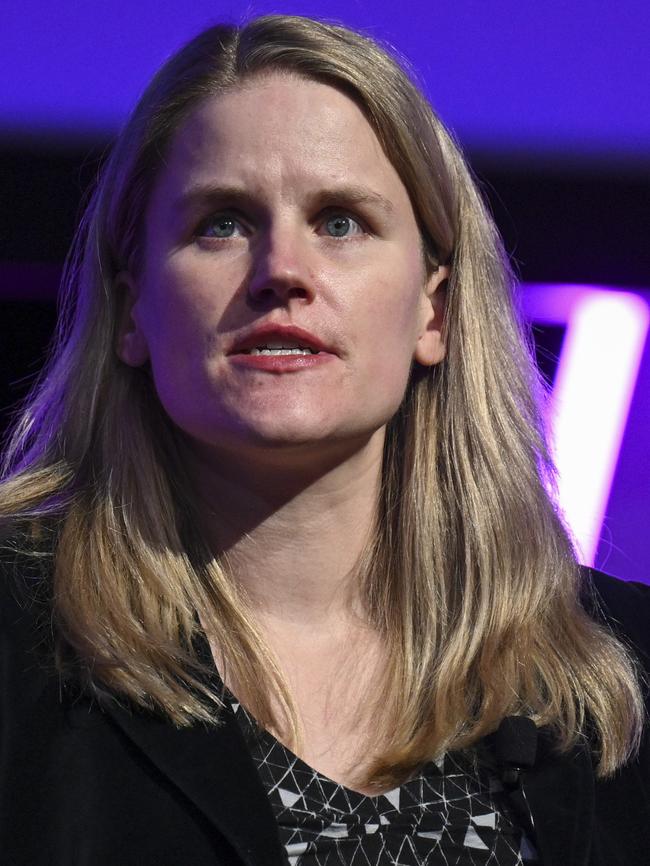
He said tech was particularly unfair in certain parts of the world, such as Africa.
He said Facebook whistleblower Frances Haugen revealed about 80 per cent of Facebook’s content moderation budget was spent in the United States.
“‘Rest of world’ as they call it, only get 20 per cent,” Mr Hegarty said.
“You’d have to ask Mark Zuckerberg why that’s the case, but on the face of it, it looks like Facebook simply does not value African lives as much as it does American ones.”
He said stretched Facebook moderators in Nairobi looked at one post a minute over a 10-hour shift and the content in those posts could only be described as the “stuff of nightmares”.
“Hate speech and racism, but also shocking violence, torture, murder, suicide, sexual exploitation of children, animals being tortured and cut apart,” Mr Hegarty said. “In short, every horrendous cruelty that human beings are capable of doing.”
Mr Hegarty said in Ethiopia, and many parts of the world, Facebook “is the internet” and “the primary communication tool”.
In a 2022 report Amnesty International blamed Facebook’s “dangerous algorithms and reckless pursuit of profit” for substantially contributing to the atrocities perpetrated by the Myanmar military against the Rohingya people in 2017.
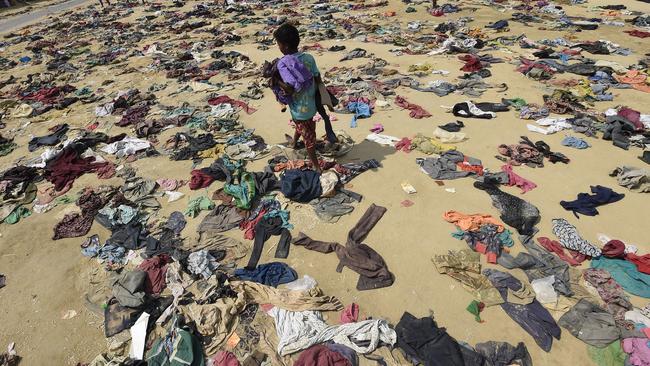
“From Ethiopia to Myanmar, Meta knew or should have known that its algorithmic systems were fuelling the spread of harmful content leading to serious real-world harms,” Flavia Mwangovya, Amnesty International’s Deputy Regional Director of East Africa, Horn, and Great Lakes Region, said.
“Meta has shown itself incapable to act to stem this tsunami of hate.”
Mr Hegarty said while social media was originally sold to the public as something that would bring people together, it had become more about sowing division, and not just in countries on the other side of the world.
He said an obvious example would be the 2019 Christchurch attack in New Zealand, where gunman Brenton Tarrant slaughtered 51 Muslims and livestreamed it on Facebook.
He said it was shared “millions and millions of times and Facebook wasn’t able to stop that happening”.
“The goal was clear, not only to kill and to maim but to try and spread the hatred and violence further via Facebook.
“At Foxglove we’re concerned that if Facebook continues to choose not to invest in its platform, we’re going to see more horror, like at Christchurch,” Mr Hegarty said.
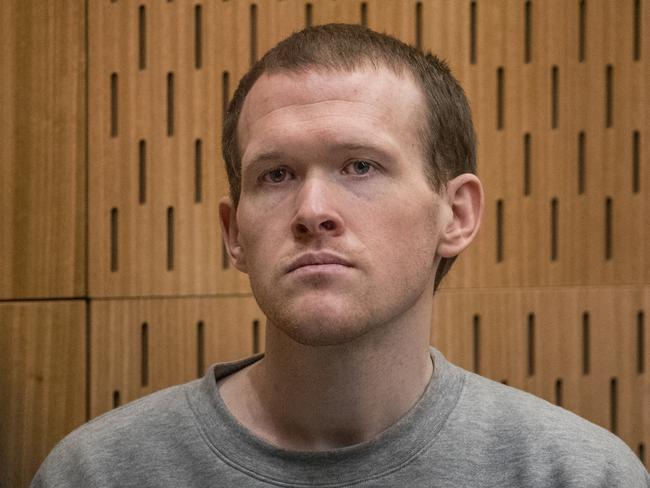
Since Mr Meareg launched the lawsuit in December 2022, Meta has refused to argue the merits of the case, instead it has spent its energy arguing that the court in Kenya doesn’t have the power to hear it.
“Abrham and our legal team are fighting tooth and nail in spite of Facebook’s legal tricks, to get justice for him and his family,” Mr Hegarty said.
Mining billionaire Andrew Forrest found himself in a similar situation when he was unable to sue Facebook in Australia over fake scam adverts using his image, because Meta claimed it did not do business here and therefore could not be sued in Australia.
Mr Forrest is currently pursuing the company in a court in Silicon Valley, California, where Meta’s head office is based. However, Meta has successfully fought off other claims on American soil because of a US law which gives the tech companies immunity over what third parties upload on its platforms.
Abrham is not going to give up. He wants Meta to apologise to his family “for the loss of the most precious person in our lives”.
“He was kind and loving father,” Mr Meareg said. “He did not deserve this.”
Meta said.





